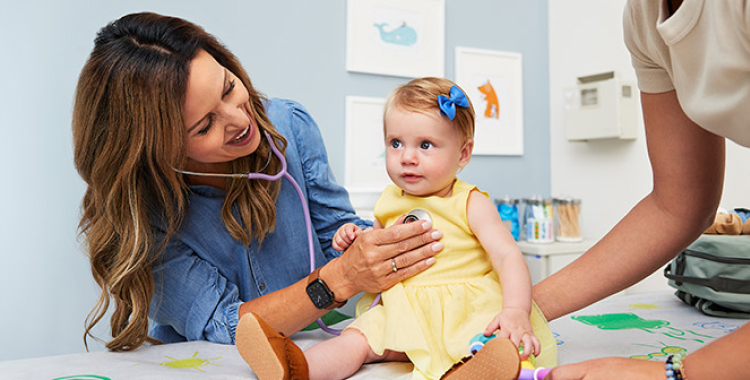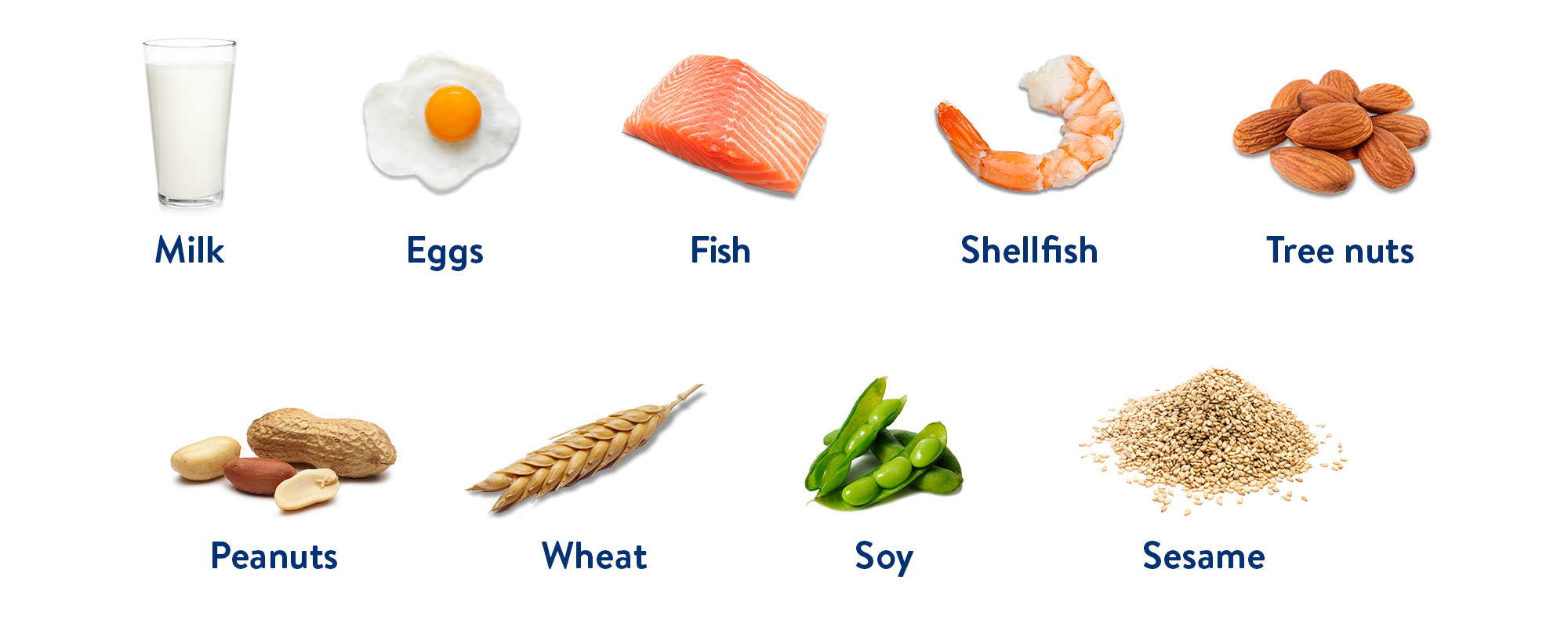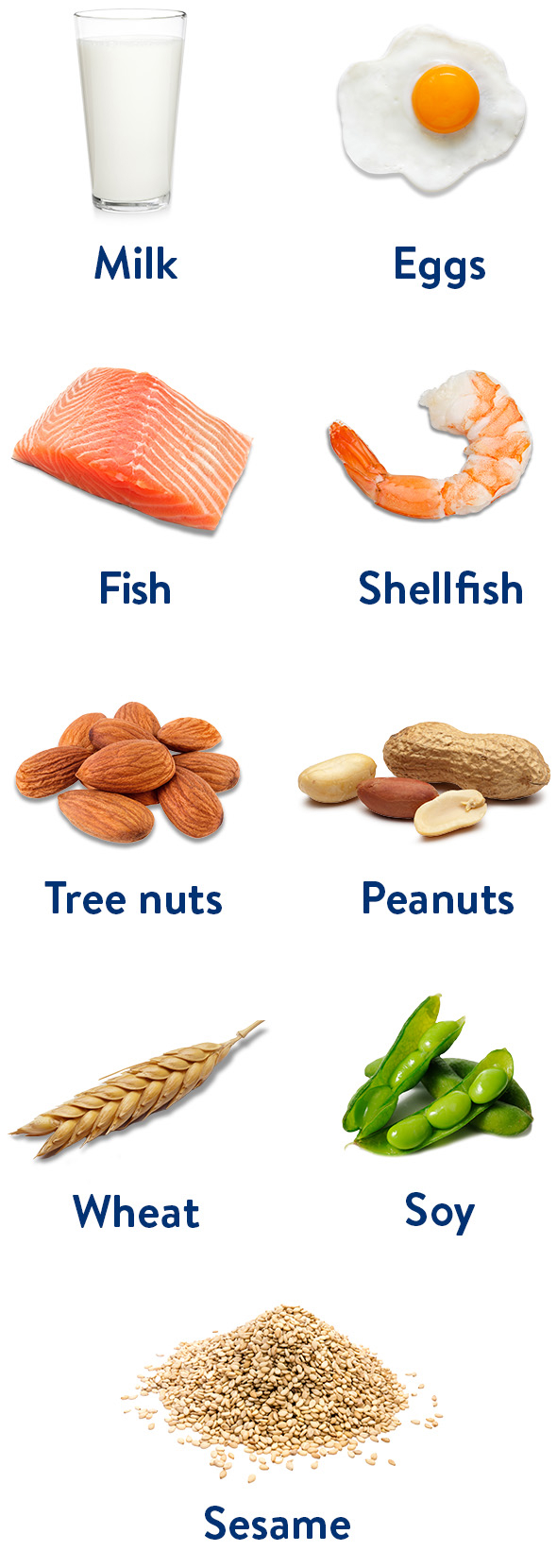Before an appointment:
- Review your child's medication record.
- Write down any concerns, including a specific description of your child's symptoms, date of onset, any actions taken to manage them, and any changes in symptoms you noticed.
During the appointment:
- Take notes and don't hesitate to ask questions.
- Talk to your child's doctor about any dietary changes that may be necessary to meet your child's nutrition needs.
- If the doctor recommends formula, ask where you can purchase it and if there are insurance coverage options.
- Ask about next steps and follow-up.
After the visit:
- Keep track of your child’s progress after the visit and stay in touch with their doctor.
- If your child's problem or issue has not improved within the agreed-upon timeline, contact their physician to discuss other options. Contact your child's doctor immediately if their condition or symptoms worsen.






